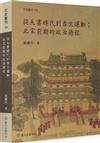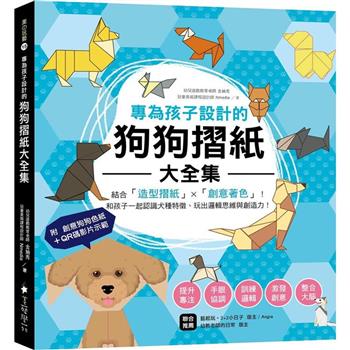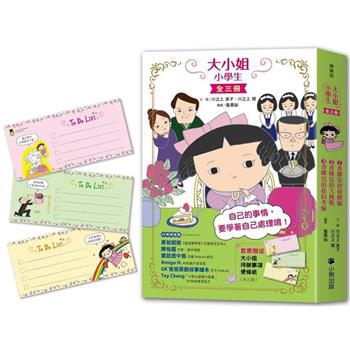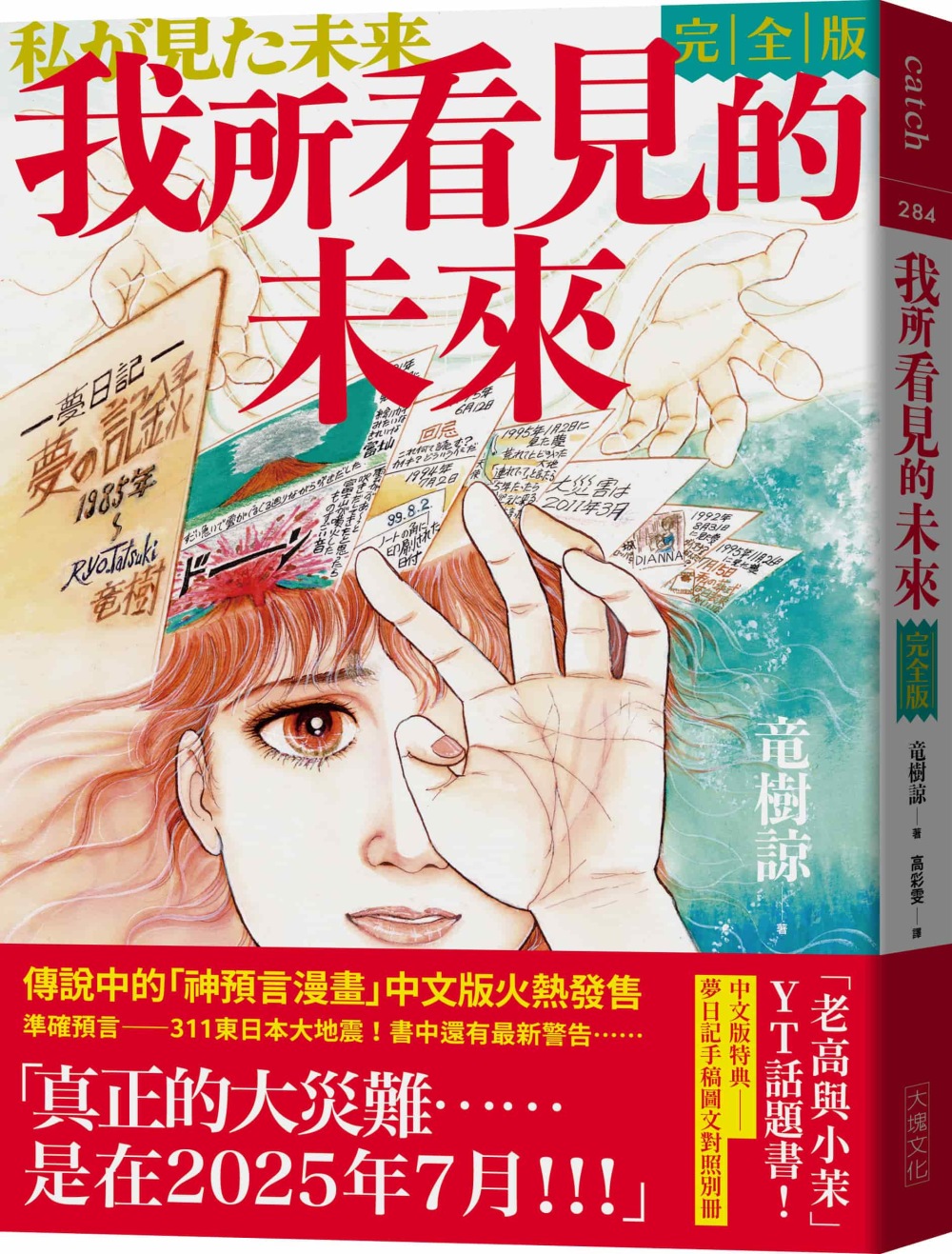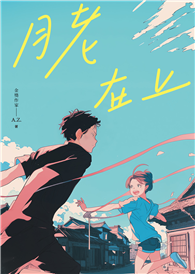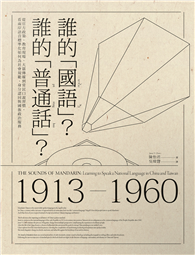本書透過梳理北宋前期的政治過程,分析宋代古文運動展開的歷史脈絡。上篇探討1008至1033年的所謂「天書時代」,如何在真宗與徐鉉後學的合作下,融合漢唐經學、讖緯學、道教思想於一體;下篇探討仁宗朝的古文運動如何在批判天書時代的政治文化中誕生。為探討此一政治過程,本書所關注的士大夫群體遠多於范仲淹及其政治支持者,從而深化仁宗朝古文運動的歷史過程。本書認為,天書時代是趙宋君臣將漢唐君主對「太平」的想像與操作,進行總結性的重組與展示,以為統治的正當性張本;天書時代在仁宗朝的破產,意味著此時士大夫反省,甚至放棄漢唐儒學所賦予的政治理念。是故,從天書時代到古文運動,可謂是中國政治史與儒學史典範轉移的關鍵時期。
好評推薦
這本改寫自博士論文的論著,在經過用心地大幅修改之後,不僅論證更為詳密,讀來也更容易掌握北宋前期的政治過程。全書的重點在指出,宋仁宗時代再興的古文運動,不僅是一項文學運動,也是一項針對從宋真宗大中祥符以後,到仁宗初期劉太后掌政期間,即本書所稱「天書時代」盛行的讖緯與道教化經學的經典重新解釋運動,且有其現實上的政治關懷。本書以文化資源如何運用於政治的考察,對北宋前期政治史的演進過程提供了一個新的觀察角度;而文中所涉及的個別問題,也注意到不少過去學者所未注意的歷史現象。此一新觀察角度,足以和學界原有的觀點並存,共同豐富我們對北宋前期歷史的認識。── 梁庚堯(臺大歷史系名譽教授)
Based on a brilliant, critical reading of the primary sources, Chang Wei-ling presents a new and powerfully persuasive re-interpretation of the first 100 years of Song political and intellectual history. Meticulously researched, this work integrates the history of a distinctive “Great Peace” (taiping 太平) religious and political culture in the Zhenzong era (997-1022) and the later reaction against this culture, sometimes simplified as the “guwen movement,” under Renzong (1022-1063). A major contribution to scholarship on Song, this path-breaking study probes the religious and theoretical underpinnings of the authoritarian nature of the early Song state.── Charles Hartman (Emeritus Professor of East Asian Studies, The University at Albany, State University of New York)
